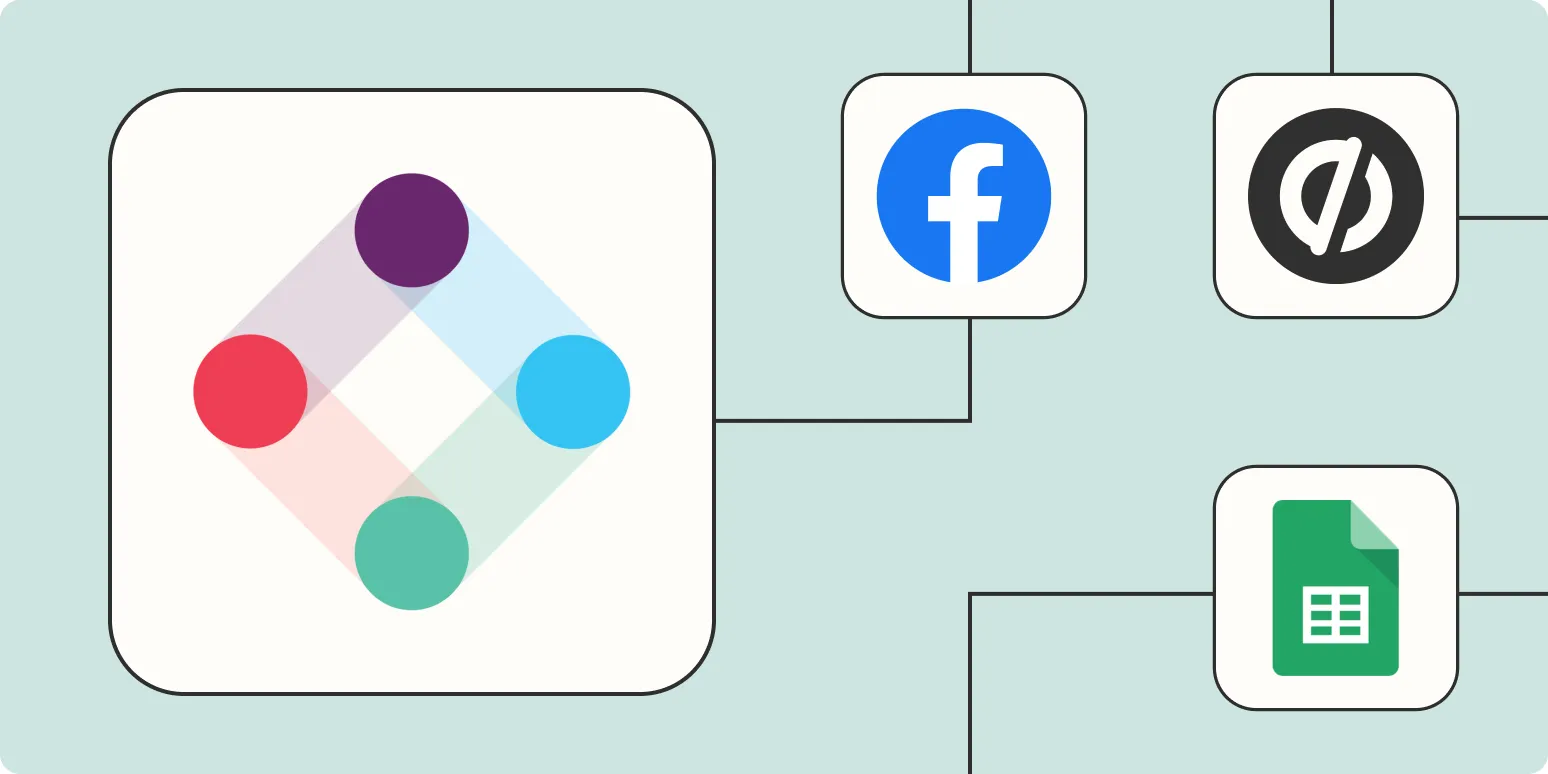1. Utilizing API Integrations for Automation
One of the most effective ways to automate Iterable is through its robust API integrations. By leveraging the Iterable API, marketers can automate various tasks such as sending campaigns, managing lists, and tracking user engagement metrics. This integration allows businesses to connect Iterable with their existing systems, creating a seamless flow of data.
For instance, if you are running an e-commerce platform and want to automate your email marketing based on customer behavior, you can set up triggers through the API. When a user interacts with a specific product or abandons their cart, the API can automatically send a follow-up email to encourage conversion.
Moreover, you can also automate the input of referrerAdCreative data into your campaigns. This ensures that your marketing efforts are tailored based on the source of traffic, enhancing personalization and effectiveness.
Here’s a simple representation of how API integration can work:
| Action | Trigger | Result |
|---|---|---|
| Send Email | User Abandons Cart | Follow-up Email Sent |
| Add User to List | User Completes Purchase | User Added to Loyalty List |
2. Automating Campaign Scheduling
Another powerful feature of Iterable is its ability to automate campaign scheduling. Marketers can create campaigns in advance and set specific times for them to be sent out. This is particularly useful for managing referrerAdCreative campaigns across different time zones and ensuring that your audience receives messages at the optimal time.
With Iterable’s scheduling capabilities, you can create a calendar of campaigns that target different segments of your audience based on their interaction with your referrerAdCreative. For example, if a certain ad is performing well in a specific region, you can schedule follow-up campaigns to that segment to maximize engagement.
The scheduling feature allows for a variety of configurations, such as:
| Campaign Type | Time Zone | Scheduled Date |
|---|---|---|
| Promotional Email | EST | 2023-11-01 |
| Newsletter | PST | 2023-11-05 |
This proactive approach to campaign management not only saves time but also enhances the overall customer experience, ensuring that your messages are relevant and timely.
3. Leveraging Segmentation for Targeted Automation
Segmentation is a key feature that can significantly enhance the automation capabilities of Iterable. By creating specific segments based on user behavior, demographics, and engagement with referrerAdCreative, marketers can deliver highly targeted automation flows.
For example, you can create segments for users who clicked on a particular ad campaign and then automate follow-up messages tailored to their interests. This level of targeting increases the chances of conversion and engagement.
Utilizing segmentation for automation can look like this:
| Segment | Criteria | Automation Flow |
|---|---|---|
| High Engagement Users | Clicked on 3+ Ads | Send Exclusive Offers |
| Cart Abandoners | Added Items but Didn't Purchase | Email Reminder with Discounts |
This targeted approach not only improves the effectiveness of your campaigns but also helps in building better relationships with your audience. By addressing their specific needs and interests, you can enhance customer loyalty and drive repeat business.
Conclusion
Automating Iterable can significantly streamline your marketing efforts and enhance the effectiveness of your campaigns. By utilizing API integrations, automating campaign scheduling, and leveraging segmentation, you can create a more personalized experience for your audience. Additionally, incorporating insights from referrerAdCreative data will allow you to refine your strategies and improve your overall marketing performance. Embrace these automation techniques to elevate your marketing game and achieve better results.





